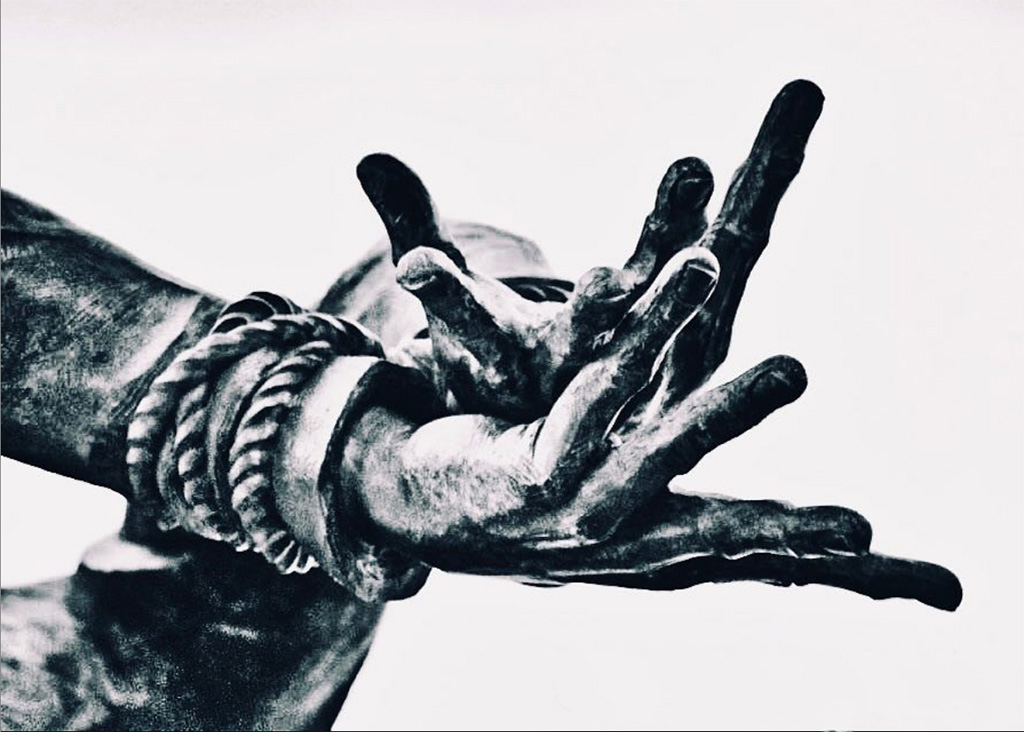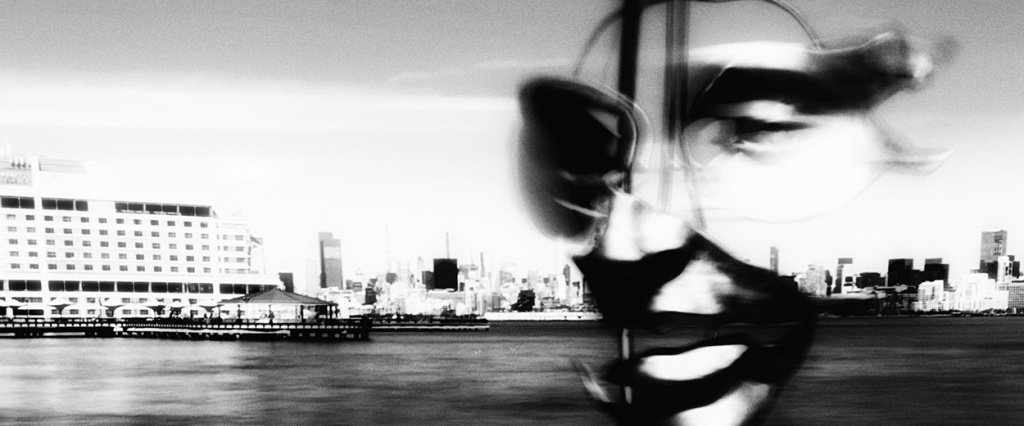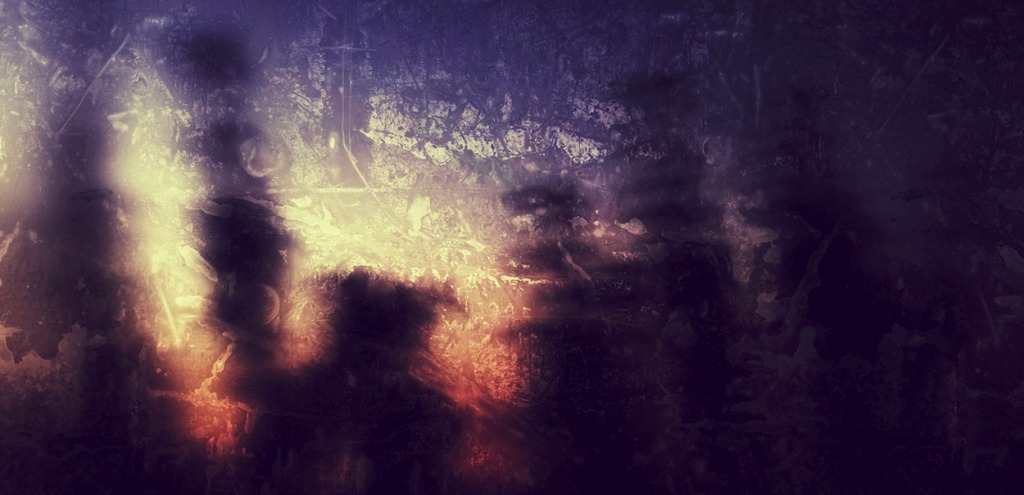How I Got That Shot: Hope – A Bauhaus Rendering
Many years ago I was introduced to Bauhaus photography and the Bauhaus photography movement. At the time, I was a member of the Infinity Photographic Society (which, I don’t believe exists anymore). We would meet once a month and discuss our goals in photography. We would also come up with photo assignments for each month. [That’s how I got to learn about pinhole photography and Lensbaby photography, and much, much more.]
One of these assignments was Bauhaus photography. For this particular assignment, I was to study the Bauhaus photography movement, and then, based on that, create an image that could be identified as a Bauhaus-inspired image, at least. Then, of course, I was to talk about the story behind the image, and why it fell into the realm of Bauhaus photography. Easier said than done.

At first, I couldn’t quite grasp the idea of Bauhaus photography. And yet, the more I read about it, the more intrigued I became not only with the images and design work part of this photography movement but also with its history. And so, for this particular Bauhaus photography assignment, I ended up doing what I usually do–I used the assignment to cover stories and highlight causes I’m most interested in, such as the LGBTQ+ community, equal rights, and HIV and AIDS.
Hence, my Bauhaus rendition of the rainbow flag, yet a version rainbow flag that included the black stripe, reminder of the ongoing fight against HIV and AIDS.
Here’s how I made the Hope: A Bauhaus Rendering image:
First, I had to keep in mind a few characteristics of Bauhaus design and photography–minimalism, geometry, and colors.
I used geometric shapes, not just any geometric shapes, but Bauhaus geometric shapes:
triangles, circles, and squares.

I played with the idea of repeating elements, such as triangles.
And also Bauhaus colors. I might have deviated, slightly, from the primary Bauhaus colors—red, yellow, and blue–but that’s because I wanted to create a rainbow flag. That is a rainbow flag that included the color black, a reminder that the fight to end HIV and AIDS is not over, and also the color white, for peace. After all, the rainbow is often associated with the idea of hope, which goes hand in hand with peace and understanding.


If we look closely, we can recognize the Bauhaus design in everyday life–look for geometric shapes such as triangles, circles, and squares, or repeating elements in the Bauhaus colors. Even better, if possible, visit the Bauhaus Museum in Berlin, Germany.
And as always, thanks for stopping by,





Leave a comment